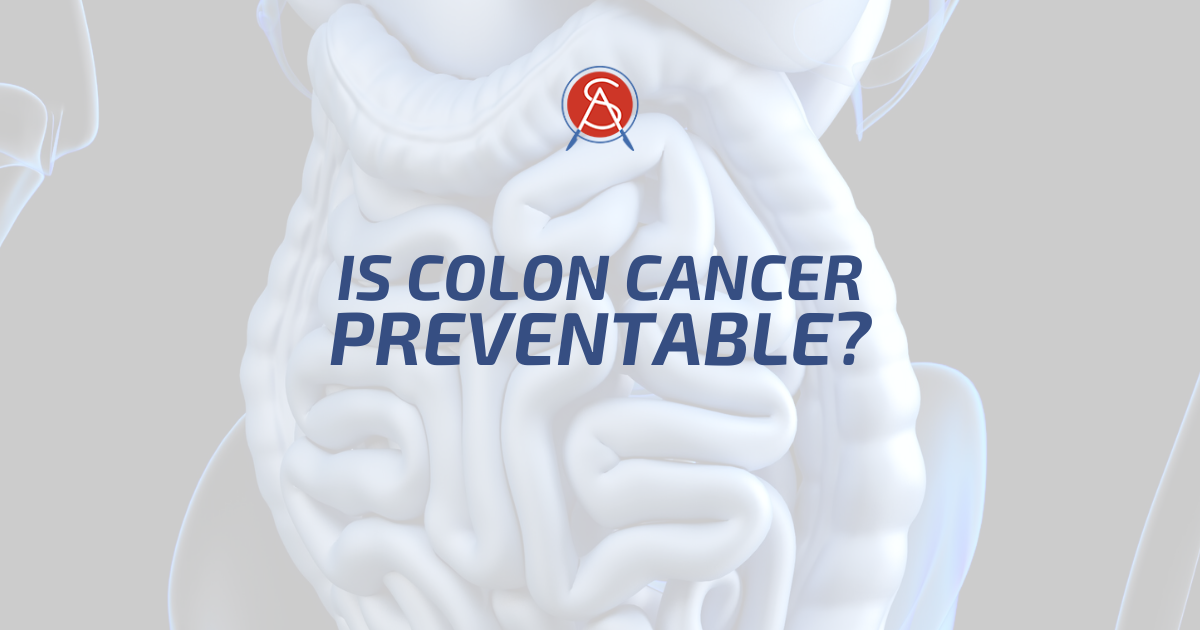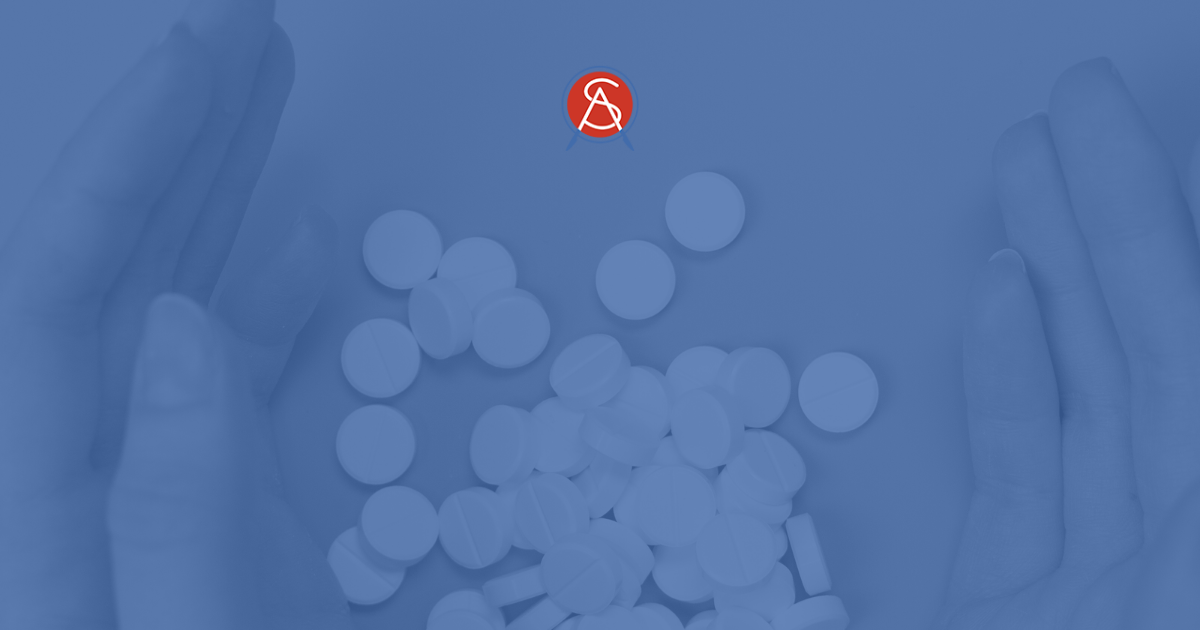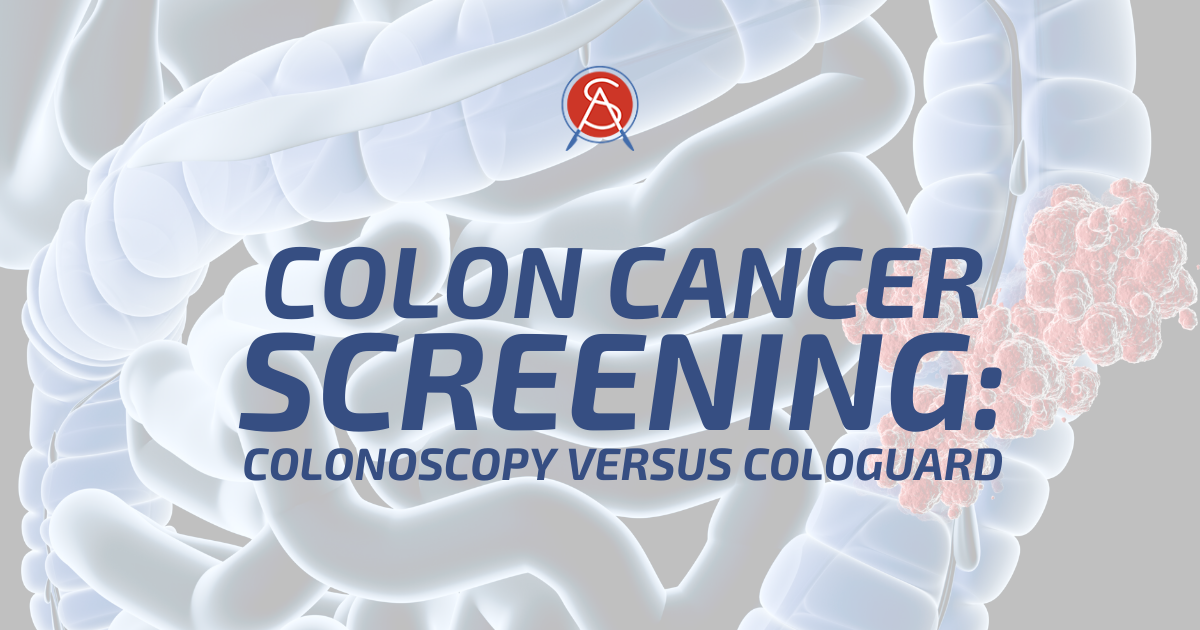Blog Archives
Is Colon Cancer Preventable?

A colon cancer diagnosis is extremely worrisome for many patients. Even if the cancerous lesions are easily treatable, patients question whether they are now more likely to get other forms of cancer. Many ask themselves if they could have done something to prevent it.
Fortunately, while colon cancer is very prevalent, many cases can be treated successfully in their early stages. Further, improved screening guidance has meant that more patients are catching pre-cancerous polyps early and having them removed.
Getting Enough Exercise Now That the Gym Is Closed
Getting the recommended amount of exercise is a challenge for most people in the best of times, much less when the gym is closed due to shelter in place orders and social distancing guidelines. The fact is, exercise is worth it! Exercising helps you to release stress, boosts your metabolism, and improve your immune system. So how can you get your exercise in during the COVID-19 crisis while the gym is closed? (By the way many of these tips also apply to this summer when we have severe weather that can keep us inside for days on end).
Avoiding Poor Eating Habits When You’re Stuck at Home
With the COVID-19 pandemic keeping millions in their homes, the stress-level is undoubtedly high. For some, it might feel like the calorie intake is just as high. You may be suddenly finding yourself a SAHM-WFT, also known as a Stay at Home Mom (or D for the dads out there) also Working Full Time. The impossible storm of a looming pandemic, financial strain, major change in routines, homeschooling, and sharing a lot of time and space at home with your family may feel like a tough mountain to climb. How are you supposed to also think about your eating habits, exercise, rest, and avoid all of those snacks during the day? This major shift in your environment and daily schedule can be a slippery slope for letting bad habits creep in. But taking proactive measures might help you feel a bit more in control.

What You Need to Know About the Heartburn Drug Ranitidine / Zantac Recall
With sales of over $140 million in 2018, Zantac, the brand name for ranitidine, was a great sales success by any measure. Its generic version has sold many millions more. Ranitidine has been used for decades as an effective, over the counter medication for GERD or Gastroesophageal Reflux Disease. In other words, chronic acid reflux or heartburn. Ranitidine is an H2 antagonist which blocks the action of histamine receptors in the stomach to lower production of stomach acid.

Tips for Staying Healthy During the Coronavirus Outbreak
As you already know, the novel coronavirus or COVID-19 has spread around the world and has affected over 100,000 people that we know of. We are seeing quite a bit of misinformation on the true effects of the disease as well as how to manage it. The result, unfortunately, is one of creating a great deal of panic which is evident by fights over toilet paper, food shortages at stores and other impulse buying.
How Do You Know When You’re Ready for Bariatric Surgery?

It’s a scary prospect. Having surgery for something that most of our peers believe is a personal failing – just eating too much or exercising too little. Indeed, feeling that bariatric surgery is a cop out or taking the easy way out is a common thought amongst our patients. However, once they attend a seminar or visit us for a consultation, they realize that obesity is much like other chronic diseases and needs to be treated effectively and over the long term.
But for those of you reading this blog or wondering if bariatric surgery is right for you, how do you know when you’re ready?
Getting Back to Basics. How Best to Get Your Daily Hydration Quota
Before we get into the best ways to stay hydrated after bariatric surgery, it is important to understand how much water/liquid you actually need. There are varying recommendations out there, but the most common number you will find is 64 ounces. This is the equivalent of eight regular cups of water. However, you should know that in the hotter weather we experience over the summer or if you are exercising vigorously, 64 ounces may not be enough. Conversely, you also get hydration from much more than just water, including coffee and tea, juices, foods and even alcohol. So, if you are eating lots of foods that are high in water content, you supplement your hydration.
Gastric Sleeve Q&A with Dr. Ballard
Q: Why is the gastric sleeve so popular?
About a decade and a half ago, the gastric bypass was the most popular bariatric procedure in the United States, the Lap-Band® was just being introduced and the gastric sleeve was still the first part of a two-part procedure known as a duodenal switch. In fact, back then, the gastric sleeve, as a standalone procedure, was considered experimental. Over time, after we would perform the gastric sleeve, we noticed that many patients were losing a significant amount of weight and were very happy. We were often able to avoid the additional surgical risk and some of the main drawback to the duodenal switch by stopping with the sleeve. This eventually caught on and patients and surgeons now often prefer the gastric sleeve to other surgeries.
Tips for Preventing Hair Loss After Bariatric Surgery
Almost half of patients, both men and women will experience hair thinning after their bariatric procedure. This occurs due to the trauma of surgery, combined with reduced caloric and protein intake, both of which can enhance the resting cycle of the hair follicles and reduce their active cycles.
Many patients become alarmed by the thinning of their hair, but for most, it should not be a major concern. That is because hair loss after bariatric surgery is usually reversible, unless a genetic condition such as male pattern balding is also at play.
Can Stool-Based Cancer Detection Systems Measure Up to Colonoscopy?
Colonoscopy. The dreaded, but necessary exam that we all know we will eventually have to take. But why is colon cancer screening so important? First, colorectal cancer is the third most prevalent cancer in the United States and the incidence is only going to rise as our diets continue to include processed foods and other detrimental dietary choices for our gut health. Further, colon cancer is also one of the most detectable and preventable cancers today. Much like breast cancer, a national consciousness of colon cancer screening has improved detection rates and has consequently saved hundreds of thousands, if not millions, of lives over the past several decades.


